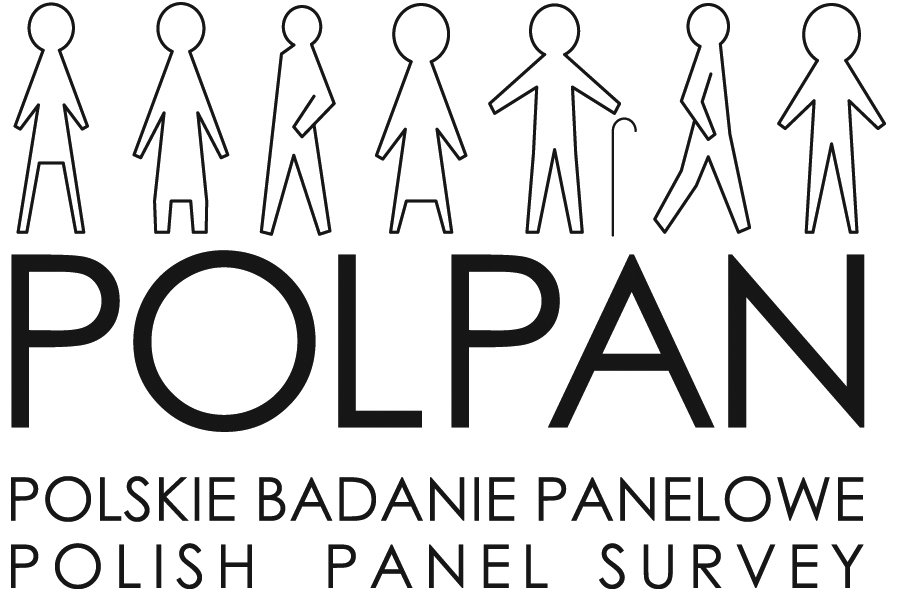On April 23rd Dr. Izabela Grabowska-Lusińska presented: ‘An interplay of structure and agency in migrants’ occupational careers’.
Abstract:
Migration can be seen as an endeavour marked by hope as well as risk, but primarily it is an individual act although it can also be undertaken in a collective manner, as a result of a decision of household members. While changing a country of residence a migrant can, but is not forced to, modify their career path. Despite the heterogeneity of its outcomes, migration always leaves a trace in individual’s occupational life. To live abroad allows for a change of perspective, acquisition of a new perception on things and stimulates a rethink of not only ones’ career path but the entire life course.
Migrants make an active change in their occupational lives and accomplish something concrete simply through their migration act. It doesn’t mean that non-migrants are not making any efforts in their career planning, however to accomplish their plans they use other tools. Migration in this perspective is a kind of empirically perceptible ‘litmus test’ of professional effort which distinguishes mobile individuals from those that stay put.
The main ambition of this paper is to engage with the discourse on the relationships between structure and agency. Migrants’ occupational activity are a product of structural conditions of the local labour markets they came from, but also markets migrants engage with through their mobility. One of presumptions of this paper thus, is the mutual penetration of structures and individual agency. The way with which individuals act depends then on opportunity structure both constraining and opening possibilities on the labour market and on their socio-demographic features. Individuals do not react to or act upon the opportunity structure in a uniform way. It depends to great extent on their ability to act; whether they are capable to act only to improve their basic subsistence circumstances or look beyond and seek more non-material accomplishments.
The goals of this paper are to establish: 1) the relationships between structure and agency using empirically available examples of migrants occupational careers; 2) what are the differences and similarities between migrants’ and non-migrants’ behaviour on the labour markets and the course and shape of their careers; 3) what is the significance of migration in individuals’ occupational path.
